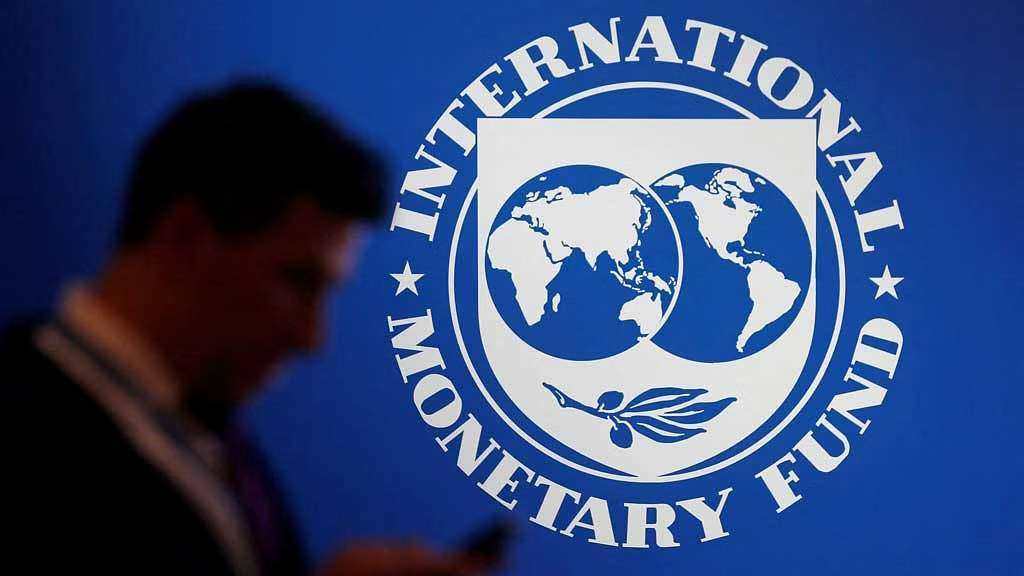The IMF maintains its growth forecast for Argentina, undeterred by prevailing global uncertainties. The International Monetary Fund (IMF) has upheld its growth forecast for Argentina at 5.5 percent for the year 2025, notwithstanding the prevailing uncertainties in global trade. The multilateral lender referenced the “positive data” observed in the initial months of the year. The report recognized that a more stringent fiscal policy had been counterbalanced by an increase in market confidence, enabling it to maintain its forecast in the face of growing global uncertainty.
“Our forecast remains intact primarily due to the encouraging data we observed,” stated Petya Koeva Brooks, a senior economist at the IMF, during a press conference. “In light of the fiscal adjustment, we observed a rise in confidence, which enables us to maintain our projections.” Brooks cautioned that the forecast faces heightened risks due to escalating financial constraints and price fluctuations stemming from a progressively unstable global environment.
During a press briefing at the IMF’s Spring Meetings in Washington, analysts highlighted the escalating effects of international trade disputes. Specifically, they highlighted the disruptive impact of tariff measures implemented by US President Donald Trump, which are anticipated to hinder global economic growth. The International Monetary Fund has revised its global growth projection downward to 2.8 percent, calling on governments to enhance predictability in trade relations and maintain a flexible approach to monetary policy.
“All countries will experience adverse effects from the uncertainty that dampens investment and production,” stated IMF Chief Economist Pierre-Olivier Gourinchas, while acknowledging that certain emerging markets might gain from a new trade alignment. The International Monetary Fund has adjusted its forecast regarding the likelihood of a recession in the United States for 2025, raising the probability from 25 percent last October to 40 percent as of April.
Argentina’s outlook follows the IMF’s recent endorsement of a new US$20-billion bailout for the nation, superseding the prior unsuccessful program. The agreement encompasses new financial allocations, prolonged repayment schedules, and more rigorous policy criteria — featuring obligations related to fiscal discipline and the management of inflation rates. The endorsement of the agreement by the IMF board in March, after extensive negotiations, is regarded as a pivotal measure for stabilizing Argentina’s erratic economy and reinstating its international credibility.
During a gathering associated with the institution’s meetings in Washington, IMF Managing Director Kristalina Georgieva conveyed optimism regarding Argentina’s trajectory towards recovery. “The future of Argentina hinges on the commitment to reforms and the establishment of confidence that this time represents a departure from past patterns,” Georgieva remarked during a gathering of global parliamentarians in Washington. In commending efforts to mitigate inflation, Georgieva emphasized that Argentina must establish credibility and “foster a sense of confidence that this time is different, and maintain the course.”
The head of the IMF indicated that this could facilitate the influx of wealth that is currently held informally or abroad by individuals in Argentina. “I have been informed — the veracity of which I cannot confirm — that there exists an excess of US$200 billion hidden away, potentially in various undisclosed locations.” “If those funds were allocated to Argentina, one can only envision the potential transformation of that nation,” remarked the head of the IMF during the event.

